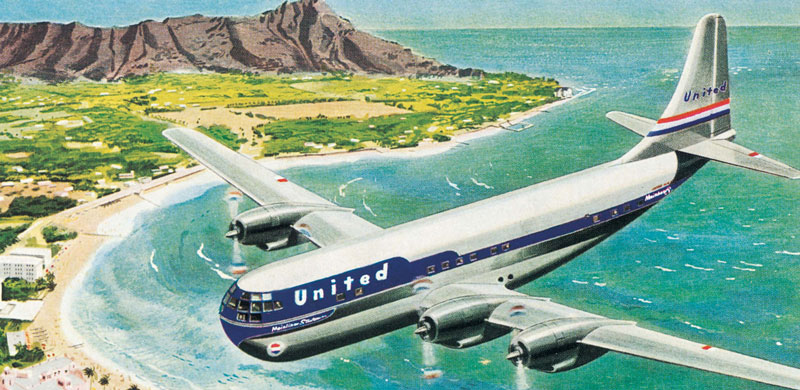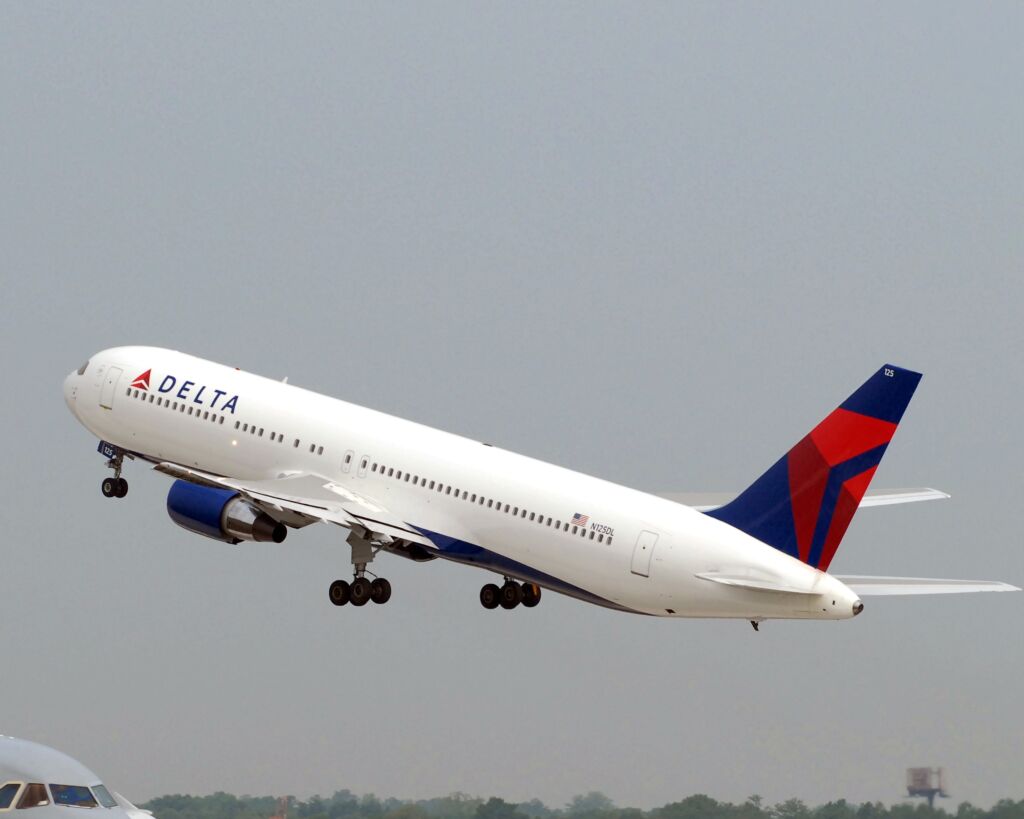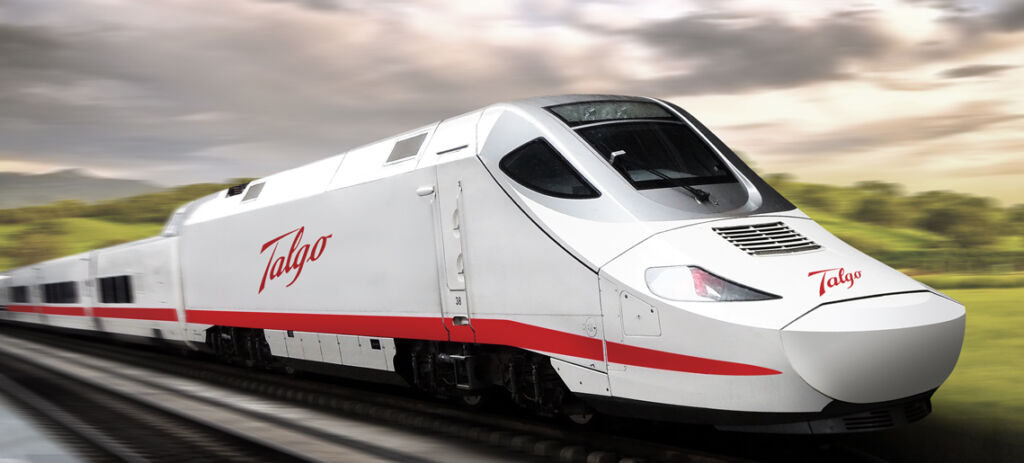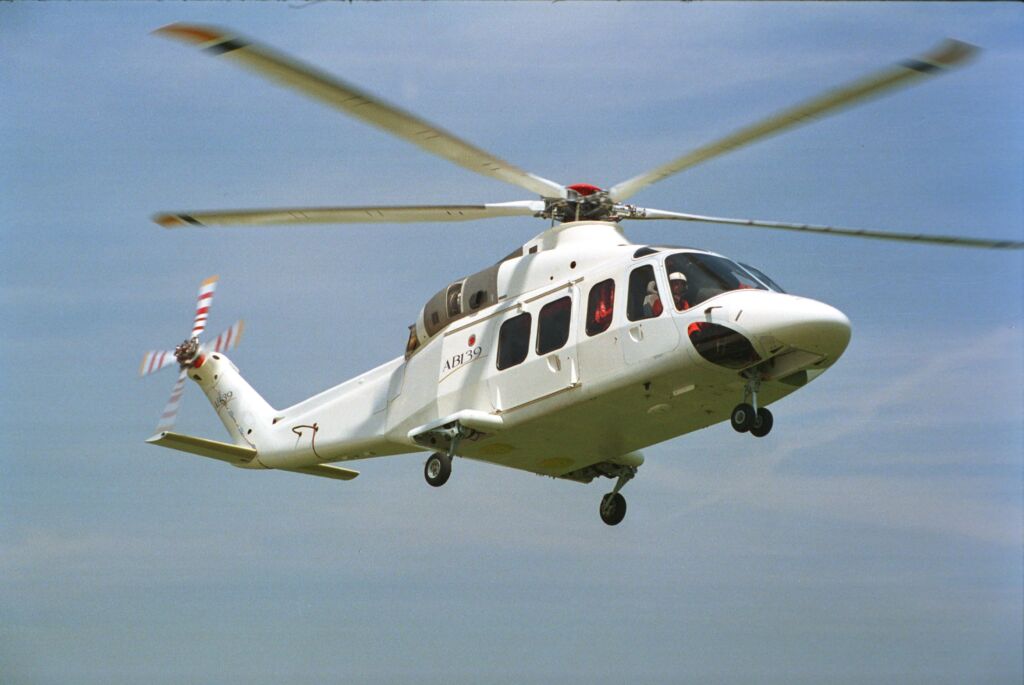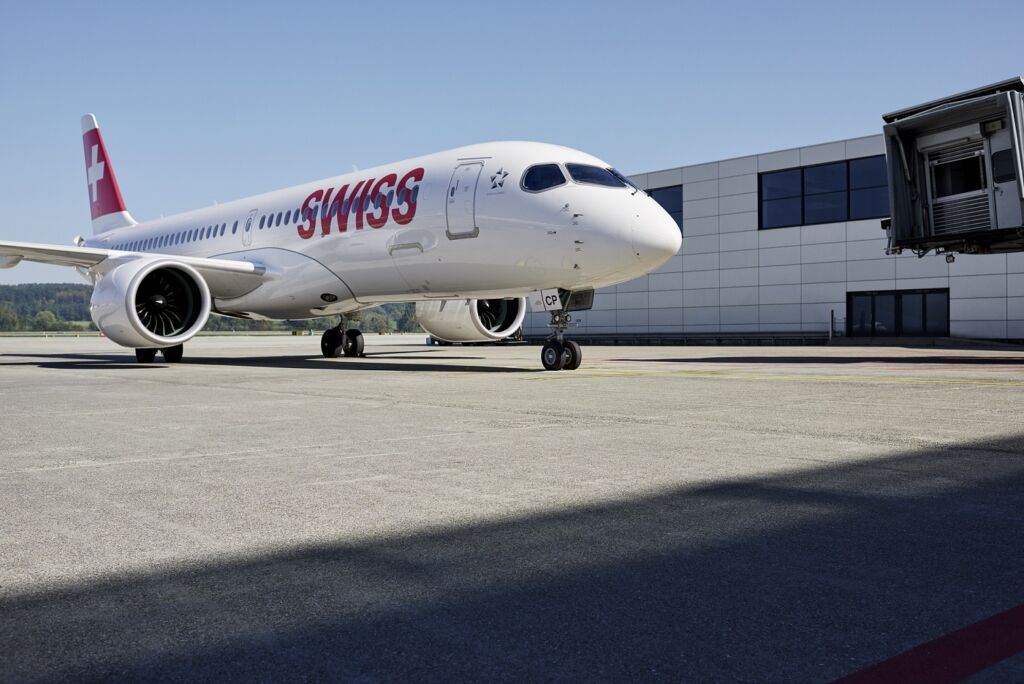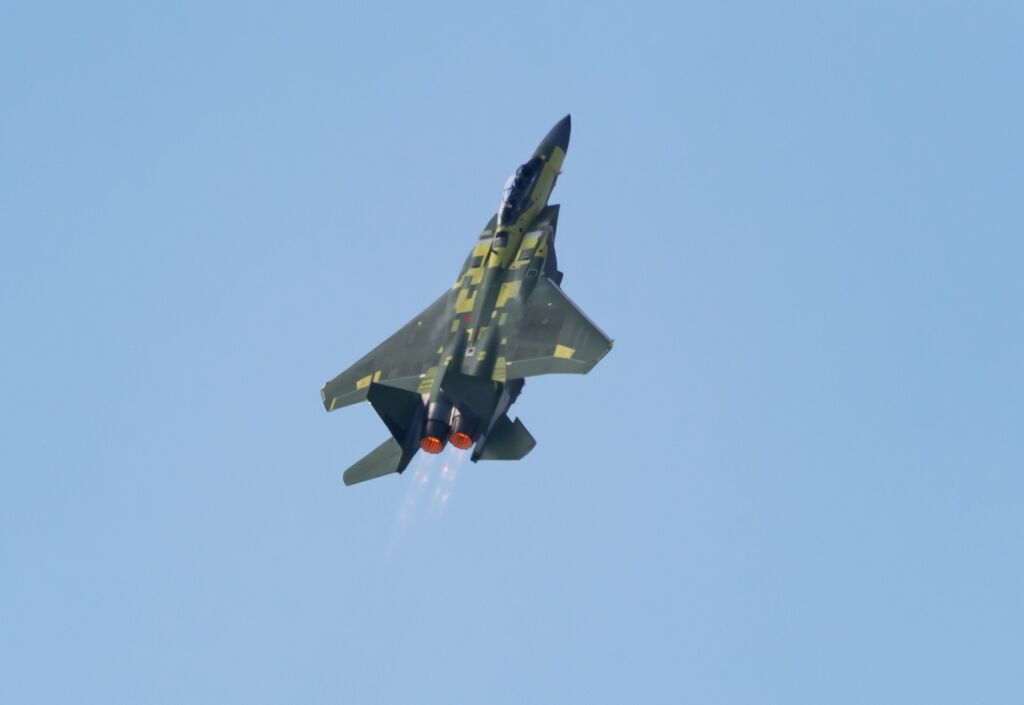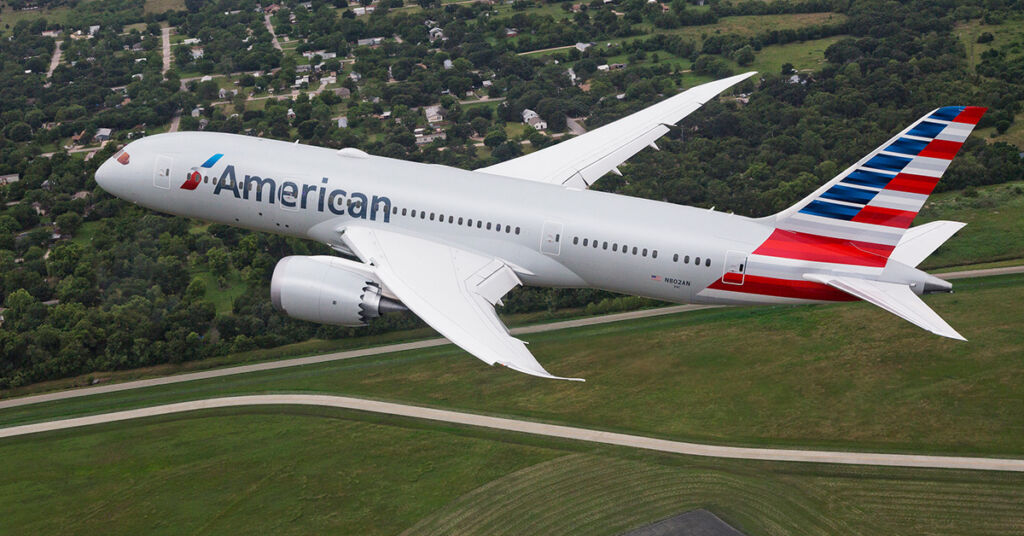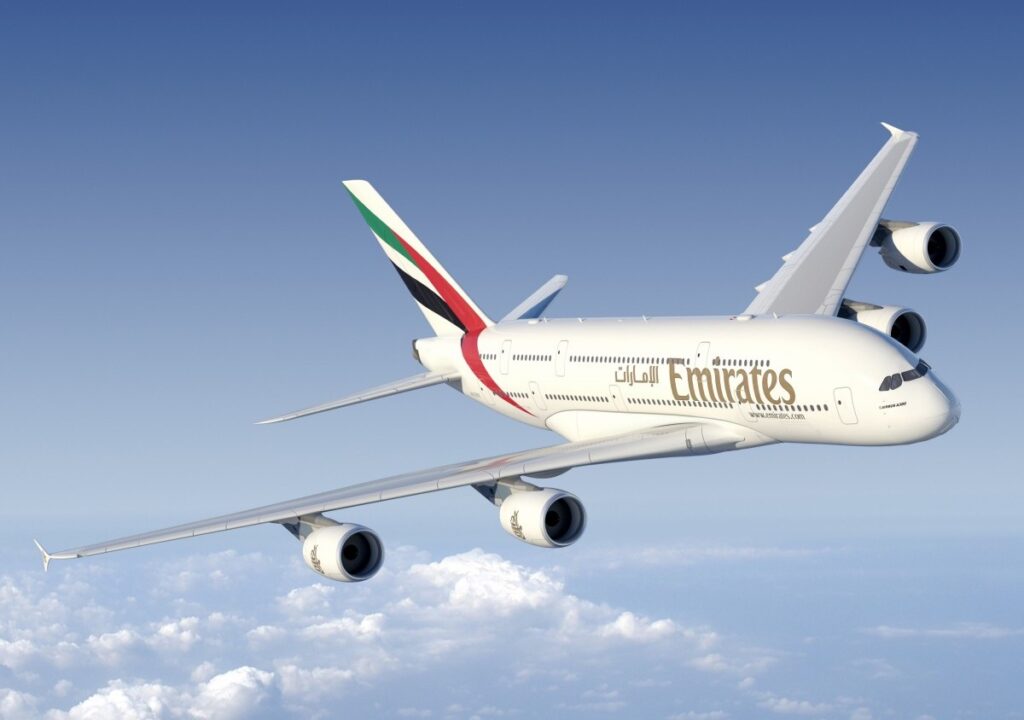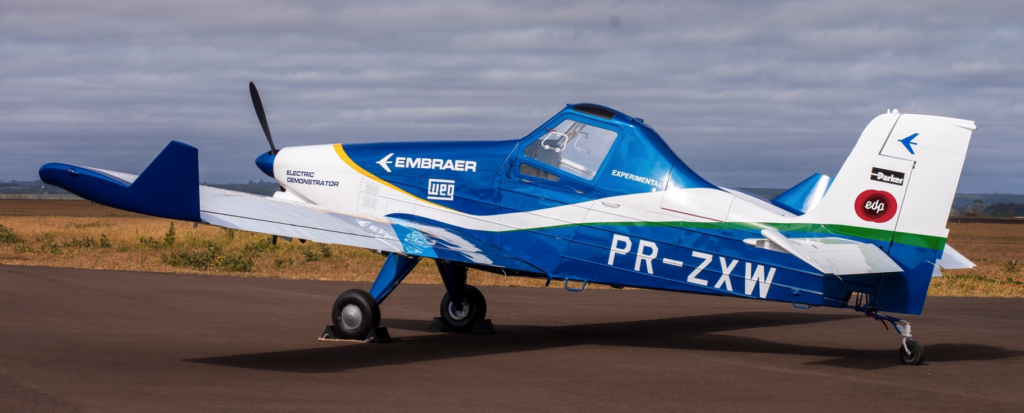United Airlines to Offer Only Nonstop Flights Between Orange County and Honolulu
United Airlines (Nasdaq: UAL) today announced new convenient options for Hawaiian getaways this summer, offering the only nonstop flights between Orange County, California and Honolulu. The new route joins United's previously announced service between Chicago…
